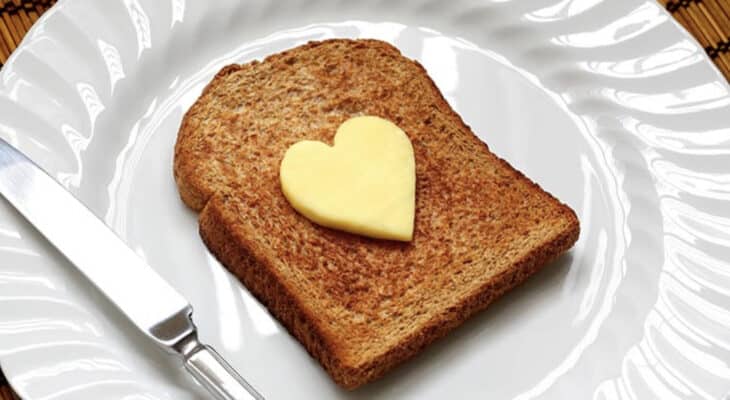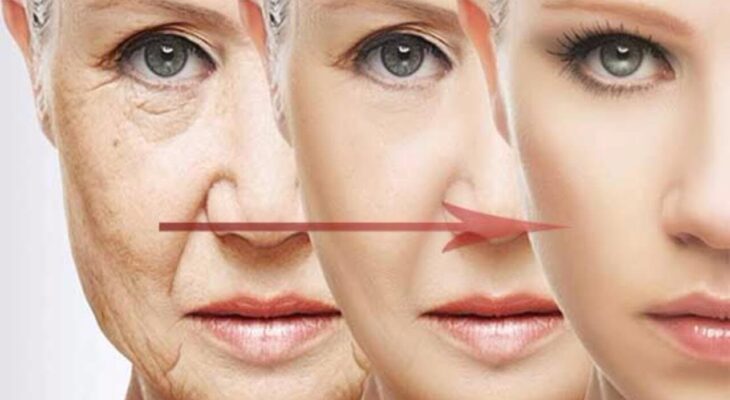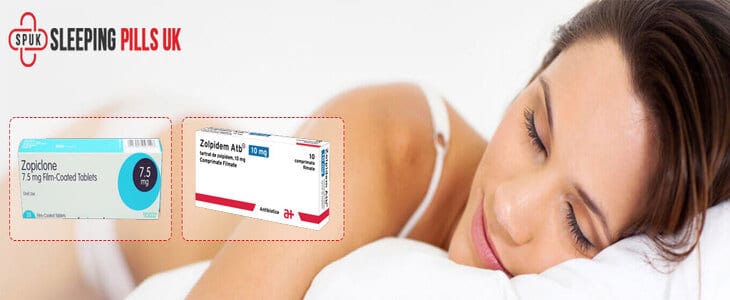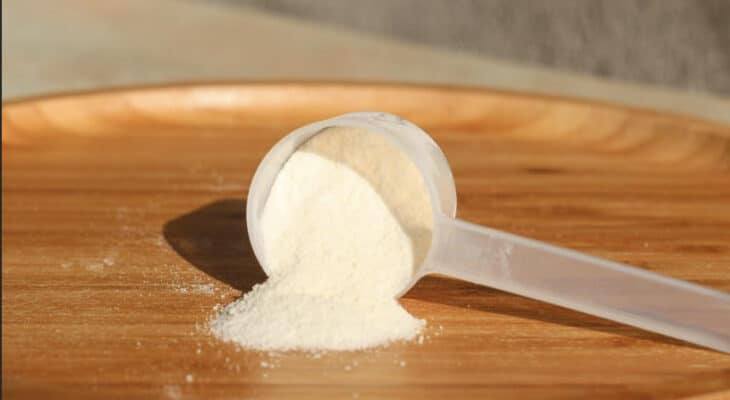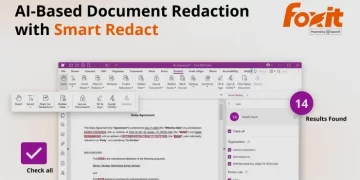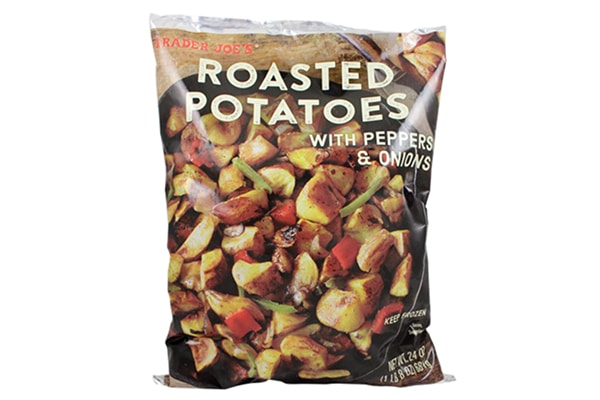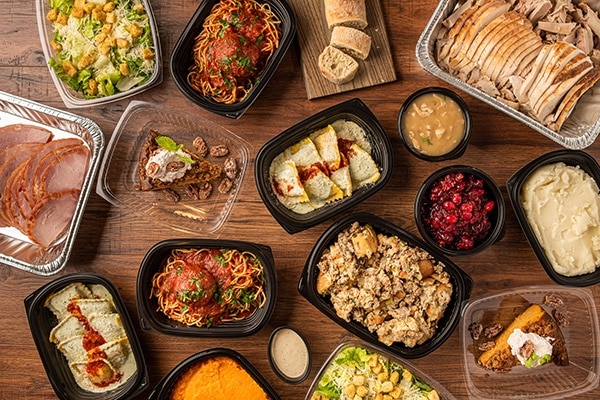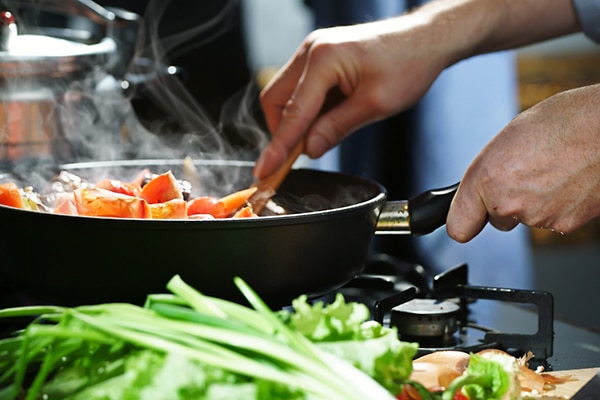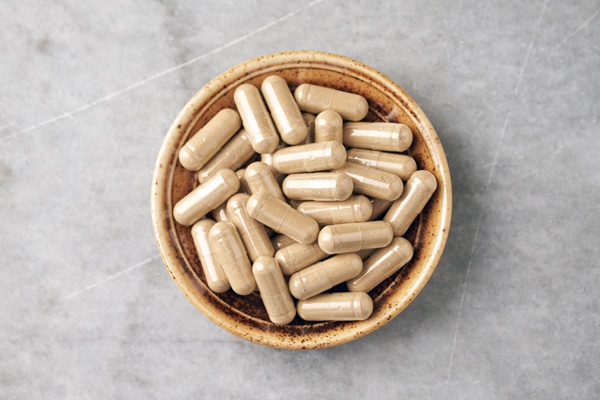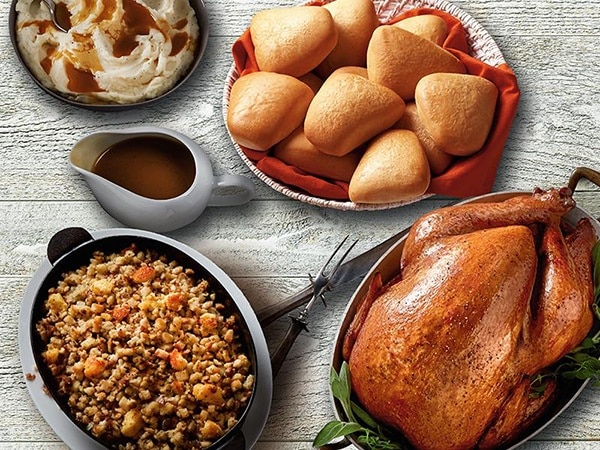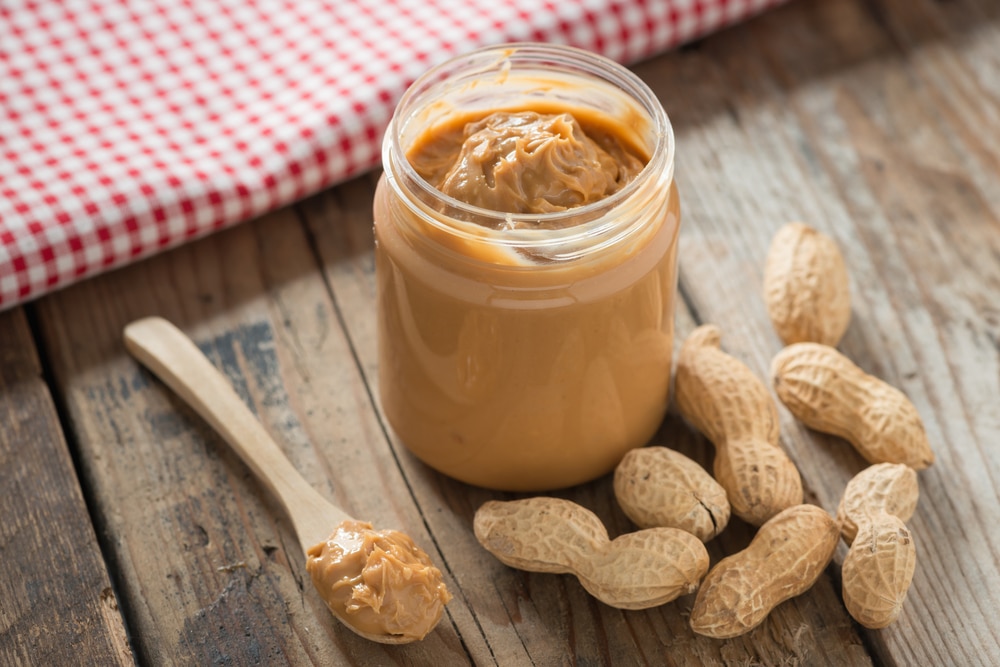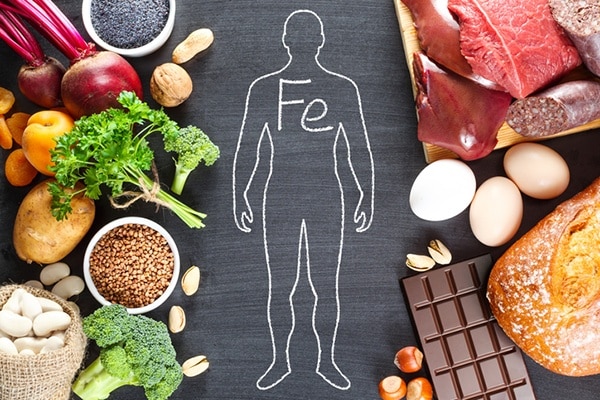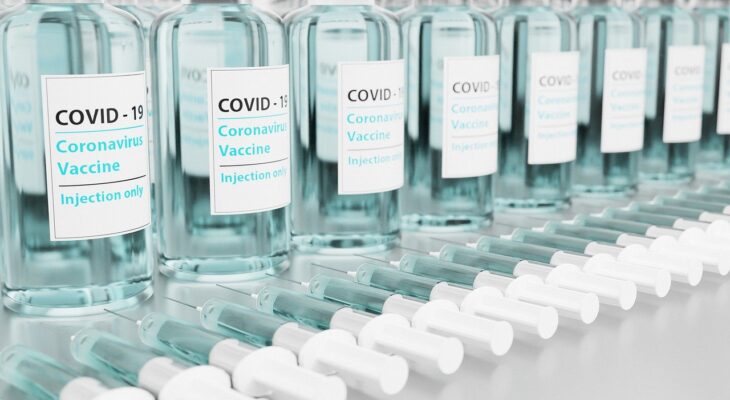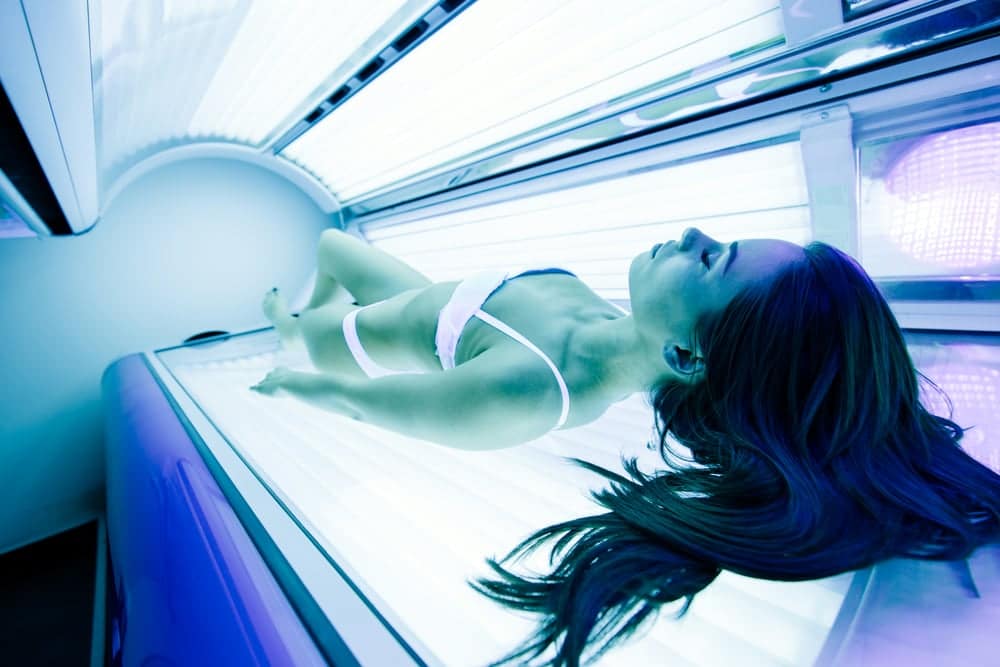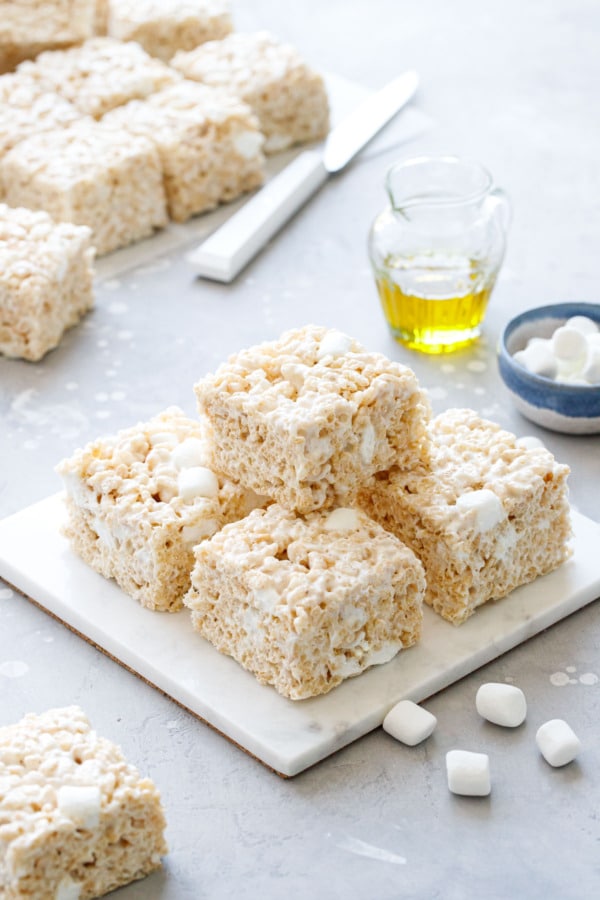If you’re trying to cut back on added sugar, you’ve probably already nixed candy bars and sugary cocktails from your meal plan.
But what about wine? Because — and we hate to be the bearer of bad news here — there is sugar in wine.
So which wine has the least sugar, and how can you find the best low sugar wine?
Quick winemaking lesson: The alcohol in wine is a byproduct of fermenting naturally occurring sugars found in wine grapes.
Some of these sugars remain unfermented, and they’re called residual sugar, says Sofia Norton, RD, a dietitian based in Los Angeles.
“You can recognize the sugar content of wine by its taste,” Norton says.
Dry wines typically have less than 10 grams of residual sugar per liter, which averages out to around 1.5 grams of sugar or less per 5-ounce glass.
Sweeter wines, including dessert wines and late harvest wines, have — you guessed it — more residual sugar.
Want to be mindful of your sugar intake while restocking your wine rack? Look for dry styles of these low sugar wines.
1. Sauvignon Blanc
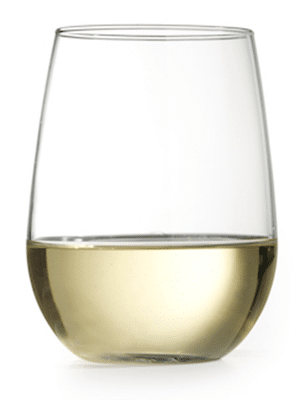
“You can find this dry, white wine grown all around the world,” Norton says.
The average 5-ounce serving has 3 grams of total carbohydrates, so it’s hard to go wrong with this varietal.
Better yet: Try the sauvignon blanc from FitVine, a line of low sugar wines — it has just 0.09 grams of sugar and 114 calories in each glass.
2. Chardonnay
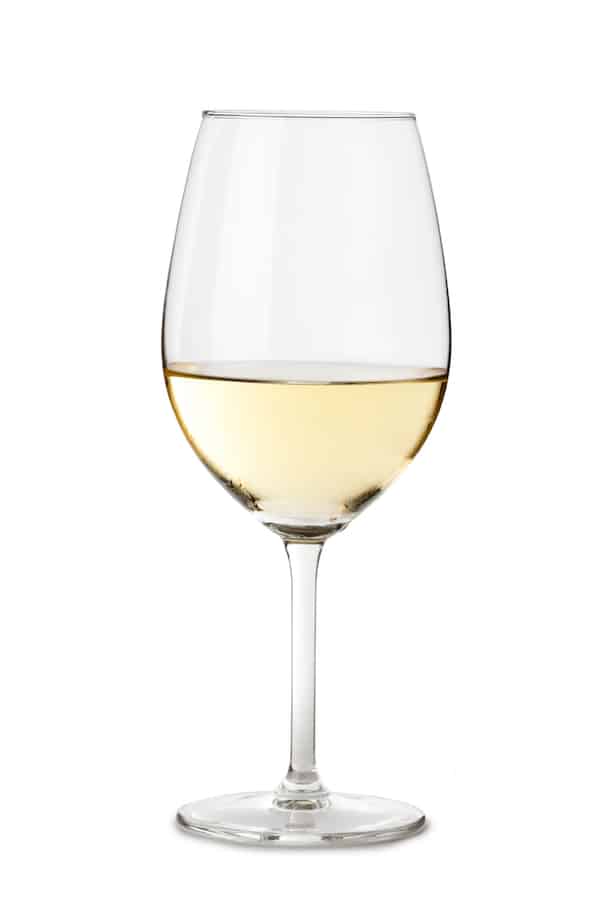
Chardonnay is another international grape, and it pairs well with just about any dish.
A glass of chardonnay has around 3.2 grams of total carbohydrates per serving, and around half of that comes from glucose, Norton says.
3. Sangiovese
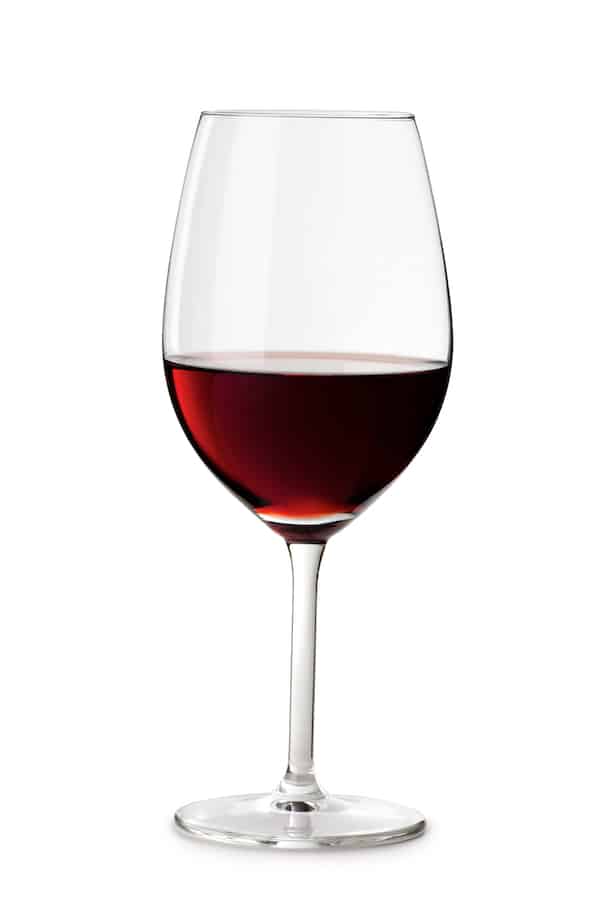
Wines made with Italy’s most popular grape have about 3.8 grams of total carbohydrates per 5-ounce glass.
If you love red wine, look for a bone-dry Chianti blend or Brunello di Montalcino.
4. Pinot Noir
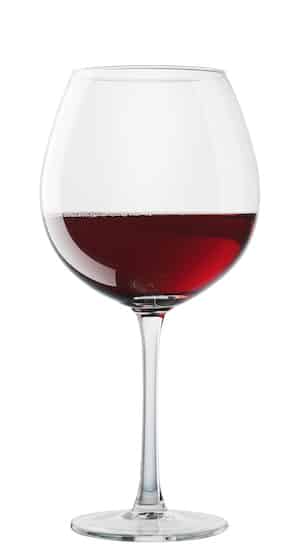
This California grape is said to be the world’s most popular light-bodied red wine, Norton says, and a 5-ounce glass has around 3.4 grams of total carbohydrates.
Try Beringer Founder’s Estate Pinot Noir, a super-affordable dry wine that ranks high on taste.
5. Brut Champagne
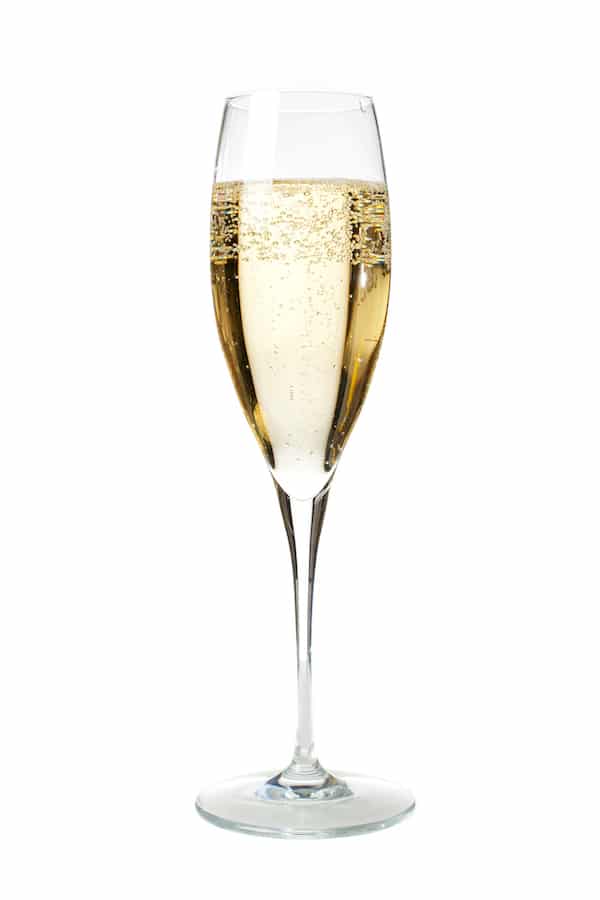
The amount of sugar in Champagne can vary widely, but bottles labeled “brut,” extra brut,” or “brut nature” are your best bet when you’re looking to raise a toast with a low sugar wine.
“The word ‘brut’ here means dry, raw, and unrefined,” Norton explains.
Splurge on the influencer favorite Veuve Clicquot Yellow Label Brut Champagne, or try the slightly more budget-friendly Nicolas Feuillatte Reserve Exclusive Brut.
How Much Sugar Is in an Average Glass of Wine?
Finding the sugar content in a specific brand or varietal can be a challenge, because beverage companies aren’t required to list the nutrition content on the label. When in doubt, the overall carbohydrate content can at least help you gauge the sugar content.
Generally speaking, though, here’s how the different types of wine stack up:
- Red wine: 1 gram per serving (5 ounces)
- White wine: 1.4 grams per serving (5 ounces)
- Rosé: 6.8 grams per serving (~6 ounces)
- Sweet dessert wine: 8 grams per serving (3.5 ounces)
Can You Drink Wine When You’re Trying to Lose Weight?

Yes, but focus on moderation and pay attention to portion control.
Going over your daily caloric needs can lead to weight gain over time, and the calories in alcohol can definitely contribute to that.
A 5-ounce glass of late harvest wine, for example, contains 20 grams of carbohydrates and 172 calories.
Two glasses of wine can put a dent in your caloric intake pretty quickly, Norton cautions.
The calories in wine come from residual sugar and from alcohol, Norton explains. And those “liquid calories” may not be as effective at making you feel satiated.
“In other words, you’d be taking in unnecessary calories and still feel hungry,” she adds.
But as long as you’re being mindful about your overall calorie intake and your daily activity level, you can still drink wine when you’re trying to lose weight — just skip the dessert wines.
“If you’re trying to keep your sugar or carb intake low, stick to 1 to 2 servings of dry wine,” Norton says.



